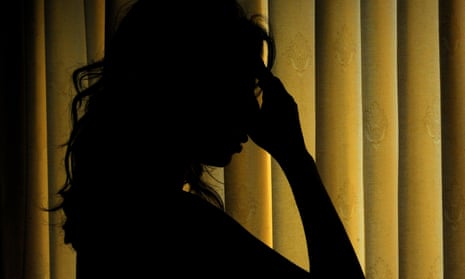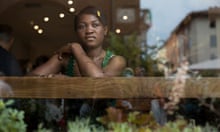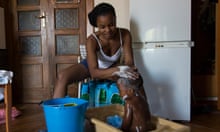Efforts to eradicate modern slavery in the UK are failing, with the number of potential victims being trafficked into Britain rising by 245% over the last five years, according to official figures.
Police and other authorities identified 3,266 people last year thought to have been the victims of modern slavery compared with 946 in 2011, a rise that has prompted disquiet among MPs and charities.
The figures from the National Referral Mechanism – a government safeguarding framework that aims to help potential victims of trafficking – reveal a steady rise of potential slavery victims over the last five years, with the single largest annual increase between 2014 and 2015 when nearly 1,000 extra cases were recorded.
Although ministers believe the figures suggest more victims were willing to come forward for help, others are urging the police to step up their efforts and argue the statistics confirmed that trafficking and slavery are thriving in the UK.
Tim Farron, leader of the Liberal Democrats, said: “Police forces can and must do more to crack down on this barbaric crime. Slavery is abhorrent and has absolutely no place in the world. It is utterly gut-wrenching to think about people in bondage, in Britain, being held against their will.”
Andrew Wallis, founder and chief executive of the anti-slavery charity Unseen, said the rise showed the reality of an underground trade driven by the exploitation of people.
“What’s driving it is the demand for cheap goods, cheap labour, cheap sex and there’s an insatiable demand that causes questions for society as a whole. On the other side, there’s an endless supply of vulnerable people.”
Wallis said that although the UK government passed the Modern Slavery Act in 2014, more needs to be done. Jakub Sobik, of campaign group Anti-Slavery International, agreed but believes the statistics show a greater awareness among the authorities.
Karen Bradley, minister for preventing abuse, exploitation and crime, said: “We are committed to tackling modern slavery – including human trafficking. Increases in the number of referrals are a sign that our efforts are working.”








